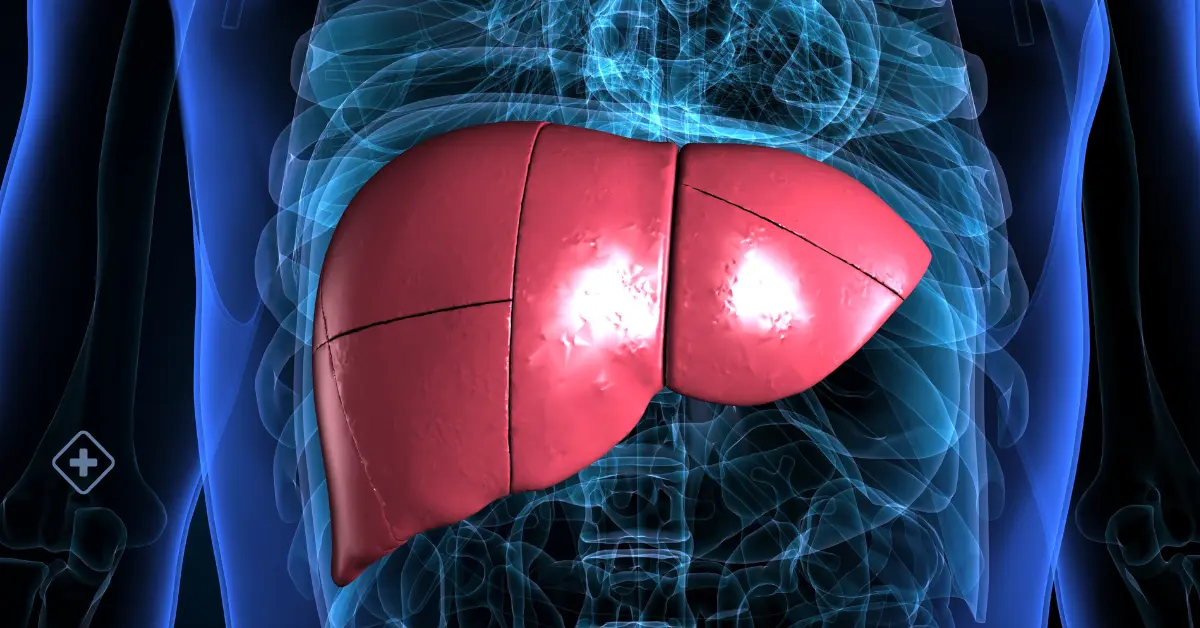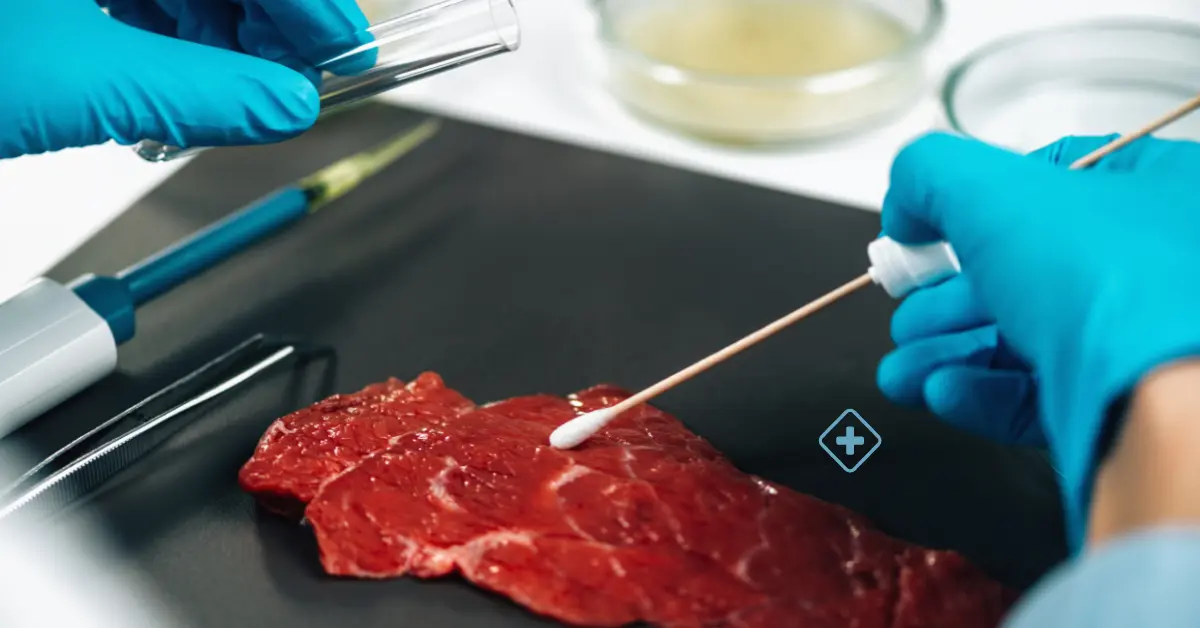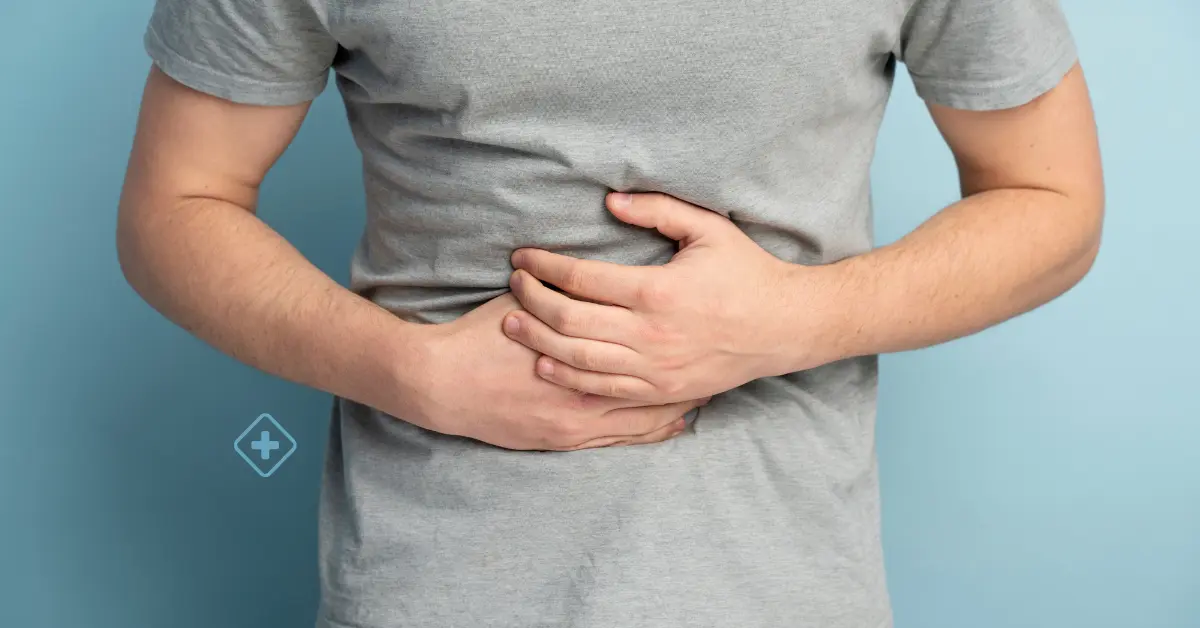
Cholecystectomy
Cholecystectomy is necessary if you experience pain due to Gallstones that block the passage of bile.

Cholecystectomy is a surgical procedure to remove the gallbladder, a pear-shaped organ located in the upper right part of the abdomen just below the liver. The gallbladder collects and stores bile, a digestive juice produced in the liver.
Cholecystectomy may be necessary if you experience pain due to gallstones that block the passage of bile. Cholecystectomy is a joint surgery that carries a shallow risk of complications. In most cases, you can go home the same day.
The specialist in General Surgery may recommend a Cholecystectomy if you suffer from the following:
-
Gallstones in the gallbladder (Cholelithiasis)
-
Gallstones in the bile ducts (Choledocholithiasis)
-
Inflammation of the gallbladder (Cholecystitis)
-
Inflammation of the pancreas (Pancreatitis) due to gallstones
What causes Gallstones?
Although the cause of gallstone formation is unclear, the General Surgeon suggests that it could happen:
-
If the bile contains high levels of cholesterol
-
If the bile contains too much bilirubin
-
If the gallbladder does not empty appropriately of digestive fluids
Symptoms of Gallstones:
Gallstones can be asymptomatic. If one of the gallstones block a duct, some of the symptoms may be:
-
Intense pain in the upper or central portion of the abdomen
-
Back pain, just below the shoulder blades
-
Pain in the right shoulder
-
Vomit or nausea
Risk factors of Gallstones:
-
Being a woman
-
Being over 40 years old
-
Being overweight
-
Have a sedentary lifestyle
-
Being pregnant
-
Having a diet high in fat and cholesterol
-
Not ingesting enough fiber
-
Having close relatives with gallstones
-
Being diabetic
-
Losing weight rapidly
-
Ingestion of medication with estrogens, such as contraceptive pills or hormone therapy
-
Having an illness that affects the liver
Diagnosis and Treatment of Gallstones:
To accurately diagnose gallstones, your Gastroenterologist will perform one of the following procedures:
-
Abdominal Ultrasound
-
Blood analysis-work in a Laboratory
In many cases, gallstones do not cause symptoms; therefore, no treatment is necessary. They can dissolve naturally.
You can reduce the risk of developing gallstones by following some recommendations:
-
Don't skip meals
-
Lose weight gradually
-
Eat more high-fiber foods
-
Keep a healthy weight
In case of complications, it is vital to go to the Gastroenterologist or General Surgeon, to evaluate the possibility of performing a Cholecystectomy to remove the stones.
Before Cholecystectomy.
The Surgeon will review your medical history, perform a physical exam and imaging tests, and ask questions about your symptoms, lifestyle, and medical history.
Patients can not eat or drink any food eight hours before surgery.
During Cholecystectomy.
-
Laparoscopic Cholecystectomy: its duration is variable depending on the complexity of each case. The General Surgeon or Gastroenterologist makes tiny cuts in the abdomen; through these, he introduces a small video camera and removes the gallbladder using surgical tools. Once the Doctor is sure there is no problem, the cuts are sutured, and the patient is taken to the recovery area.
After Cholecystectomy.
The steps to take for recovery change depending on the procedure:
-
Laparoscopic Cholecystectomy: Usually, the patient is discharged the same day unless the Doctor recommends that he stay overnight in the hospital. Following the treatment and recommendations provided by your Surgeon can help you make good progress in your recovery. The recovery period is approximately one week.
Am I a candidate for this procedure?
The procedure for cholecystectomy will depend on the diagnosis and evaluation made by a specialist in General Surgery or Gastroenterology.
When consulting your Doctor, we recommend keeping a record of your pain with a detailed description of the symptoms, duration, and what you think triggered them. Also, mention any medications you are taking.
When should I visit the Doctor?
It is essential to schedule a visit with a Gastroenterology or General Surgeon specialist to diagnose gallstones accurately.
When visiting the Gastroenterologist, it is recommended that you have complete control and describe the symptoms. It is also important to mention if you are taking any medication. Learning more about this condition and its symptoms is the first step in getting it under control.
BlueNet Hospitals

Cirrhosis
Cirrhosis can be caused by a variety of diseases and risk factors
Crohn's Disease
Crohn's disease can be unpredictable, with periods of remission where symptoms disappear
E. coli
The symptoms of an E. coli infection can appear three to four days after exposure
Irritable Bowel Syndrome (IBS)
Treatment for IBS focuses on relieving symptoms and improving the quality of life for those who suffer from it.
- Do You Need an Appointment with a Specialist?
- call us
- write us
- let's talk





